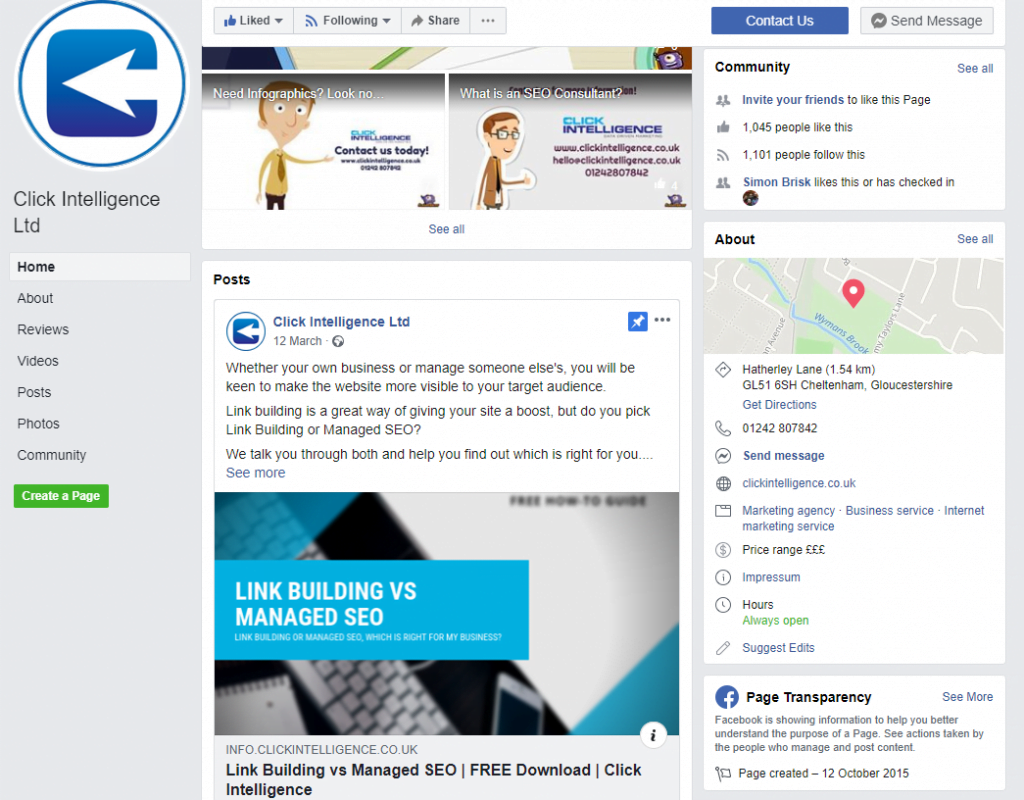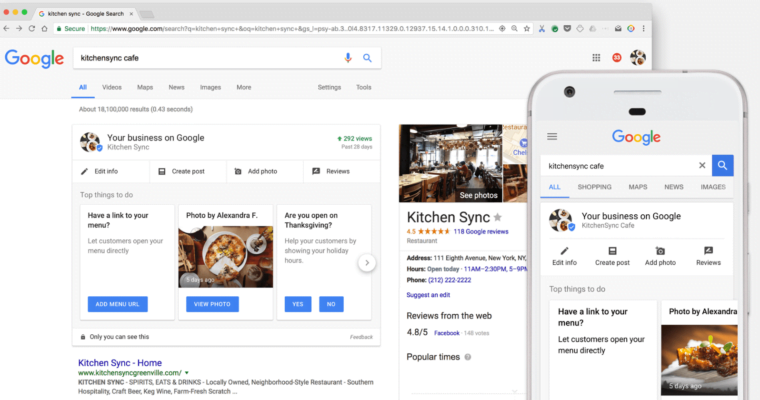How Agencies Boost Search Results with Local SEO
Local SEO has always been one of the most powerful and effective tools for local…
Starting a local SEO strategy can feel like a big project. Thankfully, local SEO is one of the best ways small businesses can get to that coveted first page and see many local customers in day after day. You don’t need to compete with the big businesses that operate globally. You only need to work within your community. The best place to start with this is by improving your local citationsA citation is a mention of your company, product, or service in an online publication. Citations increase the ranking of your site on search engines.
Local citations are any mention of your business, your business’ address, and your business’ phone number all on the same page. Directories are great for local citations. When many local directories have your business name, address, and phone number, it proves to Google that you are, in fact, located there and are who you say you are.
This will help boost your Google page rankings, but more importantly, it will mean you get listed when users search for local businesses. If you go online right now and search “mechanic near me,” you will get a list of businesses and their proximity to your location. With many local citations, you will be one of the top choices.
NAP is simply the abbreviation for name, address, and phone number. It is what makes up a local citation.

Local citations help your local SEO strategy by affirming to Google that you are a business and that your business is in the location that you say it is. It is so important for local SEO that a search ranking factor study conducted by Moz determined it to be the second most crucial factor. This is second only to having a business in the area.
When creating local listings, it is vital to double check that there are no existing listings already. These can be added by other people or automatically by computers in some cases. They might even have been added by you ages ago, but the details are now outdated, so you don’t immediately notice.
On Google and in Directories, you will want to start searching for your business. Use old business details if you need to. Google is a great place to start with this.
When searching, look up:
Keep track of the variations that you have come across during this step. You will then want to input these variations into the directories themselves to find listings about your business that already exists.
Update or claim these existing listings immediately. In some cases, this might require a verification process, but so long as the information is accurate, you shouldn’t have a problem.
You need to go through, find, and update these existing listings in order to boost your local SEOLocal SEO is the process of optimizing your website to rank on the 1st page of Google for a search term and geographic location that is relevant to your business. results and to help people find you. Keep all of this information updated and as accurate as possible.
When adding new local citations, it is essential for the information to be uniform. This means use the same address format, use the same business phone number, and most importantly, to use the same business name. Some company’s use a variation for different reasons, but for SEO it must stay the same.
Some other tactics to improve your local citations include:
Create a master citation. This way if you have help inputting information into directories, the format and information will be the same throughout. Uniformity is key here.
Make a list of local directories that you want and can use for your business. Keeping a list will help you later on when you go through to double check all the information is accurate. Other examples when this comes in handy is if you move addresses. With the full list, you can easily make the update without worrying you are missing anything.
Make a master list of all the URLs that contain your local citation.
Once you know where your business is already listed, you can then start adding listings to boost your local SEO profile. Generally speaking, the more local citations you have, the better. You don’t need to go crazy and add a business listing to every directory on the internet. Stick to the big listings like:
It can also help to add your business to relevant directories:
This way, your business shows up in relevant fields, which can further help your local SEO strategy.

The last step is to audit your local citations often. In many cases, people can update information online without any proof that they work for the business in question. This feature is available so that customers can update information that businesses have failed to do.
Though this can be helpful, it could also throw off your consistency. You will want to go through the full list you have made of all your citations and check to make sure that the formatting of the information is uniform and accurate.
While you are checking this, it is also a great idea to then go in and respond to any reviews that have cropped up. Showing that you care enough to respond to reviews – both negative and positive – tells customers you listen to what they say.
When you have the chance to directly respond to negative reviews, you can run damage control in the case, a customer has fabricated the story for some reason (for example, they were upset about being kicked out because they complained about the food, but they were actually kicked out for sexually harassing the waitress). Just remember to be fair and calm.
These reviews are often right next to your local listing. On Google, your ranking will show up right next to your name. By improving your local citations strategy and addressing the reviews, you can improve the authority and ranking of your business.
What is Content Marketing? Download Our How-To Guide Today!
While the fundamentals of SEO remain the same no matter the size of your business, if you are an enterprise…
Google's Core Web Vitals reports how a page performs, and here's our checklist to improving page experience this 2022!